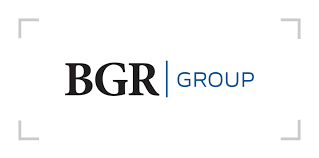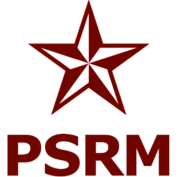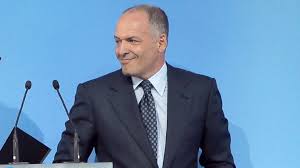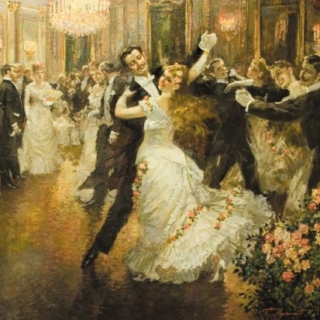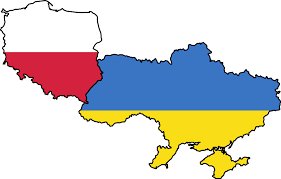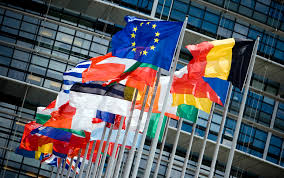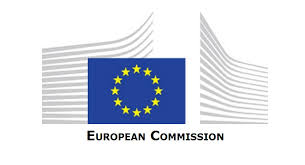As unusual as it is to read anything so clearly favorable about a Ukrainian politician on this blog, or to write about a politician rather than policy per se, the following prose will be something of an exception.
Maria Gaidar has featured in the blog several times having arrived in Ukraine, being granted Ukrainian citizenship (and relinquishing her Russian citizenship), and subsequently acting as Deputy Head of Odessa Oblast Administration under Governor Misha Saakashvili.
She is perhaps the closest thing Ukraine currently has to political aristocracy, albeit her political aristocracy is rooted in Russia via her late father Yegor Gaidar (Prime Minister of the Russian Federation 15 June – 14 December 1992) and Great Grandfather Arkady Gaidar.
Nevertheless there are few, if any current Ukrainian politicians that can claim 4 generations of political lineage that have all featured at the pinnacle of national policy shaping.
(She also worked with an old friend of this blog, the late Boris Nemtsov.)
All of that said, to be fair, it is all somewhat irrelevant even if interesting.
What matters is what, if anything, Ms Gaidar not only accomplished, but how she went about it, as a Ukrainian politician in Odessa since her adoption of Ukraine (or perhaps vice versa).
Having met her several times, she is undoubtedly one of the best mannered, humble, accessible and intelligent women in Ukrainian politics – and certainly to grace the political and policy stage of Odessa.
She is clearly more than capable of acting upon a stage far greater than Odessa Oblast and yet decided to remain as a local Deputy in the Oblast Rada when the rest of “Team Saakashvili” moved on/was eased out/quit and headed to Kyiv, thus honouring her public mandate.
She has remained a solid, reliable, conscientious, almost media invisible Oblast Deputy who has, so far as can be ascertained, avoided the usual trips and traps of local governance corruption.
She also did a decent job, where it was possible, at clearing up the unintended mess left behind by Hurricane Saakashvili as he whirled around the Oblast when she was his Deputy (while allowing the intended devastation to do what it was intended to do) .
It follows therefore that the blog has no issue with the surprise appointment of Maria Gaidar as Presidential Adviser. She is certainly brighter and far less tainted than many within the Presidential Administration.
Two questions however – Why, and why now?
Is Ms Gaidar deemed a “Saakashvili legacy” by the new Governor of Odessa, akin to an unwanted fly in his soup – and thus this appointment giving opportunity to have her officially out of Odessa often, despite her local public mandate?
Is it nothing more than a cheap. non point scoring poke at The Kremlin?
Is it a poke at Misha Saakashvili?
Is it an attempt by the Presidential Administration to lure some former “Team Saakashvili” people across? (Albeit Ms Gaidar was clearly different in her approach to her work than the majority of that team – publicly at least.)
Cynicism asks whether Kyiv simply bereft of smart people to advice the President?
Are there other reasons, be they less than obvious or distinctly motivated by events behind the curtain, for this appointment?
And why now?
For almost a year Ms Gaidar has been, by choice, a lowly Oblast Deputy having resigned as former Governor Saakashvili’s Deputy when the Law on Civil Service came into force in May 2016. She has been left to fester in Odessa in a political position far below her abilities, so what has now changed to warrant her appointment as a Presidential Adviser (along side her local mandate)?
Is this a reward for perceived loyalty to the President and/or people of Odessa because she did not abandon her responsibilities in Odessa and follow Misha Saakashvili?
It has to be said the appointment is a surprise, and although she is more than equal to the role, the questions of why, and why now, thus far provides for few convincing answers. Nevertheless President Poroshenko has made this appointment for a reason and that may become clearer only later.




